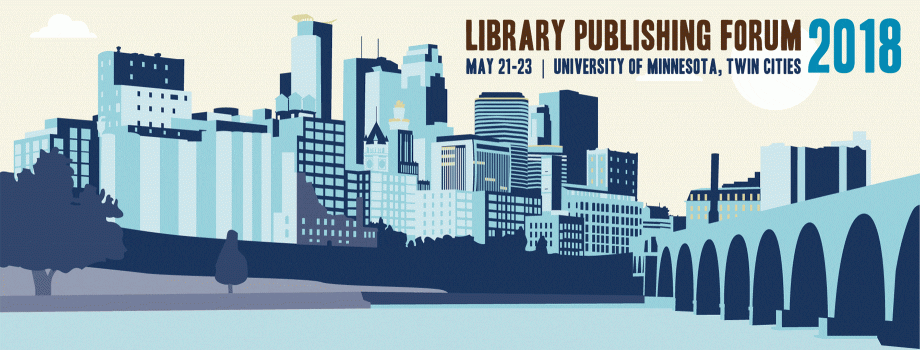
April 10, 2018
Full Session: No Publisher Is an Island: How to Find and Work with Freelance Editorial and Design Professionals
Tuesday, May 22, 1:15-2:15pm
Room: Memorial Hall
Presenters: Jody Bailey, University of Texas at Arlington; Peter Potter, Virginia Tech; Kellie M. Hultgren, KMH Editing; Madeleine Vasaly
Description: Scholarly publications require quality-control processes such as professional copyediting, design/layout, proofreading, indexing, and more. Copyeditors and proofreaders add value and aid readers by ensuring grammatical and stylistic correctness and consistency and by suggesting revisions to passages that may be ambiguous or confusing. Design professionals enhance the presentation of scholarly content and create polished products of which both publisher and author alike can be proud.
The fact is, however, that most library publishers do not hire full-time, in-house editors and designers, and so increasingly they face the prospect of hiring freelance professionals. Unfortunately, librarians often lack expertise in finding and knowing what to expect from a working relationship with freelance editorial/design professionals. Furthermore, some librarians may decide to completely forego these valuable services because of a misguided notion that they are too expensive when in reality at least some of their published pieces could greatly benefit from the value that freelance editorial/design professionals add.
This presentation will be led by two individuals who currently coordinate library publishing efforts at different institutions: a librarian with experience in scholarly journals publishing as both an in-house technical/production editor and a freelance copyeditor and a former editor-in-chief from a major university press. They will invite one or more freelance editorial/design professionals to participate in a panel and provide practical information to answer the following questions:
1. What are the reasons for hiring freelance editorial professionals?
2. When does it make sense to hire a freelancer? When should the work be kept in house?
3. Are there special considerations to bear in mind when hiring a freelancer?
4. Are there downsides?
5. How do I go about finding qualified freelance professionals?
6. How does one incorporate freelance work into existing schedules and workflows?
The presenters will allot sufficient time for attendees to pose questions as well.